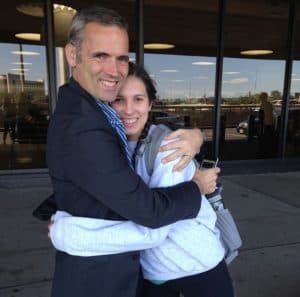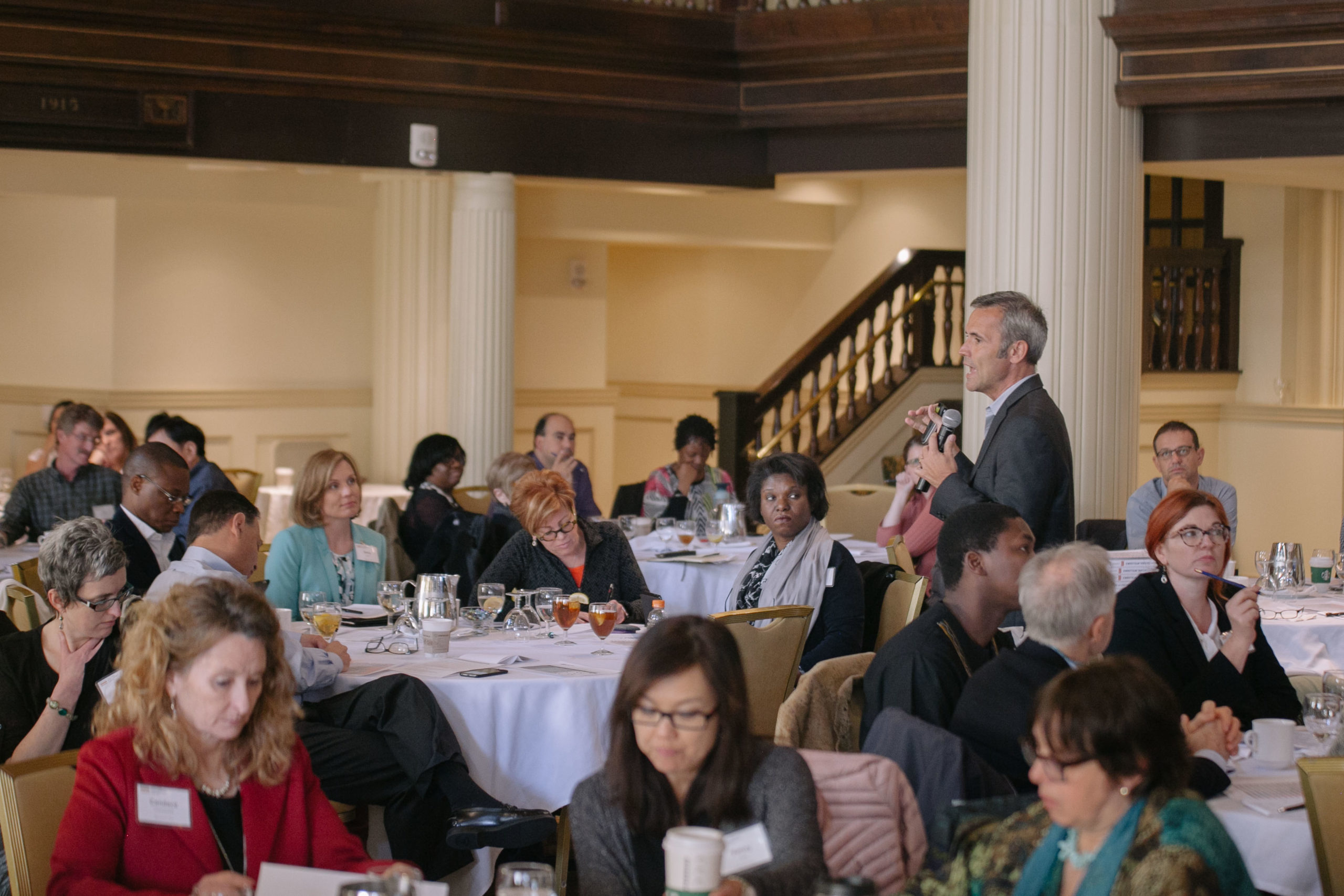


“We could win games within the first 30-minutes but if we hadn’t by the last 30-minutes we would be hanging on because we had put so much into it,” said Livermore. McGhee’s side won 4-0 at home against Norwich in the first game – and then lost 4-0 at Birmingham in the second. The 2001-02 season was by no means a procession. “Perhaps there was a lack of belief at the end, that we could get to the top level.” I did divide opinion and I wasn’t as talented as Timmy or Reidy or Ifill – but every manager picked me and all my team-mates wanted me to play because I allowed them to do what they did. There was criticism of me and – yes, it was tough because everyone wants to be liked. “It was like a perfect storm – but we did come up short in the end. The connection between the players and the terraces was fantastic.

Add to that the uniqueness of the support and hostility you can create towards the opposition team. We were also very robust – I don’t recall any muscle injuries They had us on a very effective fitness regime. “We also had Ben Stork and Matt Lovell the fitness team who played their part in helping England win the Rugby World Cup later, in 2003. “The manager galvanized us and led us – he was very good with us and with the Press,” said Livermore. Livermore also points to the back room team with chairman Theo Paphitis, master organiser Steve Gritt as McGhee’s assistant and Ray Harford – who had won the Premier League in 1995 with Blackburn as manager Kenny Dalglish’s assistant. “The gulf between Millwall and the Premier League clubs would not have been as great then – but statistically, across the world, clubs tend to finish where their wages tell you they will.” We had success every year – we were used to being successful. “We had got to a cup final in 1999, the play-off semi-final the following year then won the title and finally finished fourth in the Championship. “Our side also had experienced players like Steve Claridge, Stuart Nethercott, Sean Dyche and Tony Warner. What they have done has not taken just one year – they have recruited a certain style of player and no one over the age of 24 apart from centre-forward Cauley Woodrow. “It is similar to Barnsley this year – there is always an outlier.
#What does david livermore says about non formal education plus
“We had a young, energetic, fit and hungry squad – plus a bit of arrogance. “That team had Paul Ifill, Stephen Reid and Tim Cahill who all went on to play in the top flight – and Richard Sadlier, who should have done. Livermore was in Mark McGhee’s side which came fourth in 2002 but were knocked out of the play-offs by Stern John, of Birmingham, who went on to win promotion at Wembley. “Hopefully, when financial fair play actually gets properly implemented, Millwall will have a better chance – because the club has always worked within its means.” “Without that, what Rowett has done is amazing – another top 10 finish is remarkable. But the club has not had that in the Championship for many years – and that commodity is very hard to find. “So what Millwall are missing is 20 or more goals. Livermore said: “A club needs to get more than 70 goals over the course of the 46 games to have a chance. The Lions probably have to win every one of their last six games to make up the eight-point deficit with the top six, to reach the play-offs. The next highest club to have scored as few goals is Luton in 13th.

The current Millwall team sit in ninth place in the Championship having scored 41 goals – while third-placed Brentford have 66. There is a simple answer to what Millwall need to get into the play-offs and then the Premier League says former assistant manager David Livermore.


 0 kommentar(er)
0 kommentar(er)
